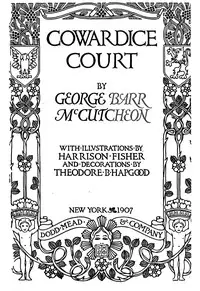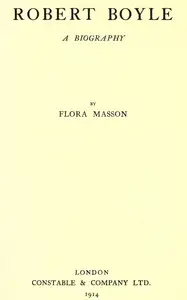"Beauchamp's Career — Volume 6" by George Meredith is a novel written during the late 19th century. This installment continues the exploration of Nevil Beauchamp's intricate personal and political struggles as he navigates the complexities of love, duty, and societal expectations. The narrative revolves around the relationships between Beauchamp and several key characters, including the women in his life—Renee, his first love, and Rosamund, now the Countess of Romfrey. The opening of this volume immerses readers in a foggy London night, where Beauchamp wrestles with memories of Renee and his turbulent emotions. He reflects on his past interactions with her and grapples with feelings of guilt and confusion regarding his obligations and desires, ultimately leading him into introspection about his identity and the moral dilemmas he faces. Meanwhile, as he engages with his cousin and fellow political figure, Captain Baskelett, the dynamics of love, loyalty, and ambition come into play amid rising tensions and scandals revolving around their circles. This complex tapestry of personal and socio-political themes sets the stage for dramatic developments, highlighting Meredith's keen insight into the human condition within the frame of Victorian society. (This is an automatically generated summary.)

Beauchamp's Career — Volume 6
By George Meredith
"Beauchamp's Career — Volume 6" by George Meredith is a novel written during the late 19th century. This installment continues the exploration of Nevi...
George Meredith was an English novelist and poet of the Victorian era. At first, his focus was poetry, influenced by John Keats among others, but Meredith gradually established a reputation as a novelist. The Ordeal of Richard Feverel (1859) briefly scandalised Victorian literary circles. Of his later novels, the most enduring is The Egoist (1879), though in his lifetime his greatest success was Diana of the Crossways (1885). His novels were innovative in their attention to characters' psychology, and also portrayed social change. His style, in both poetry and prose, was noted for its syntactic complexity; Oscar Wilde likened it to "chaos illumined by brilliant flashes of lightning". Meredith was an encourager of other novelists, as well as an influence on them; among those to benefit were Robert Louis Stevenson and George Gissing. Meredith was nominated for the Nobel Prize in Literature seven times.












